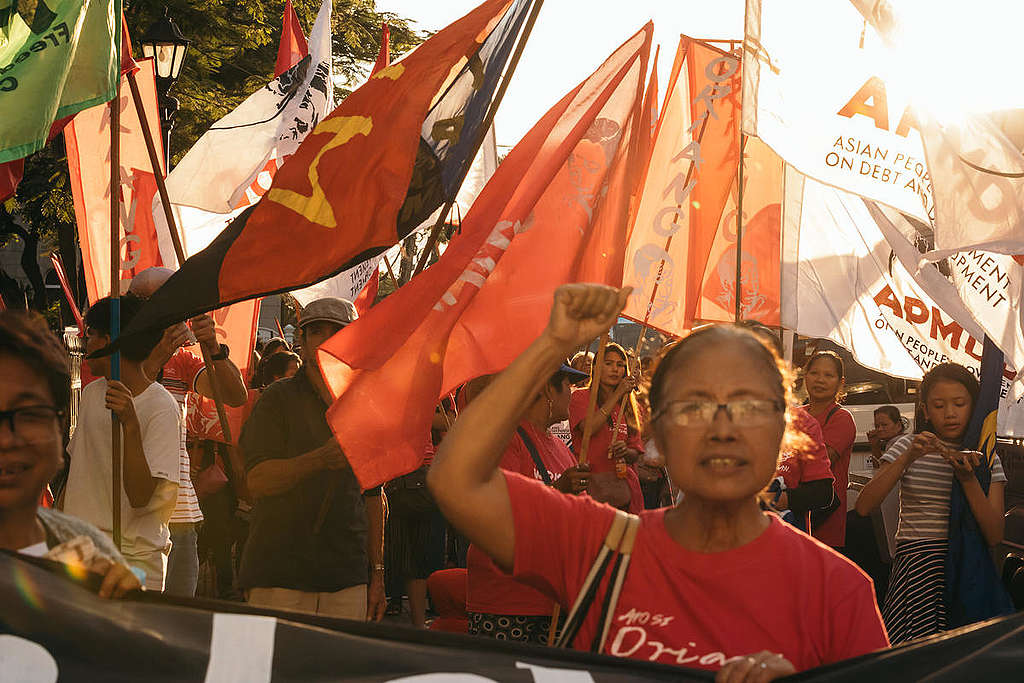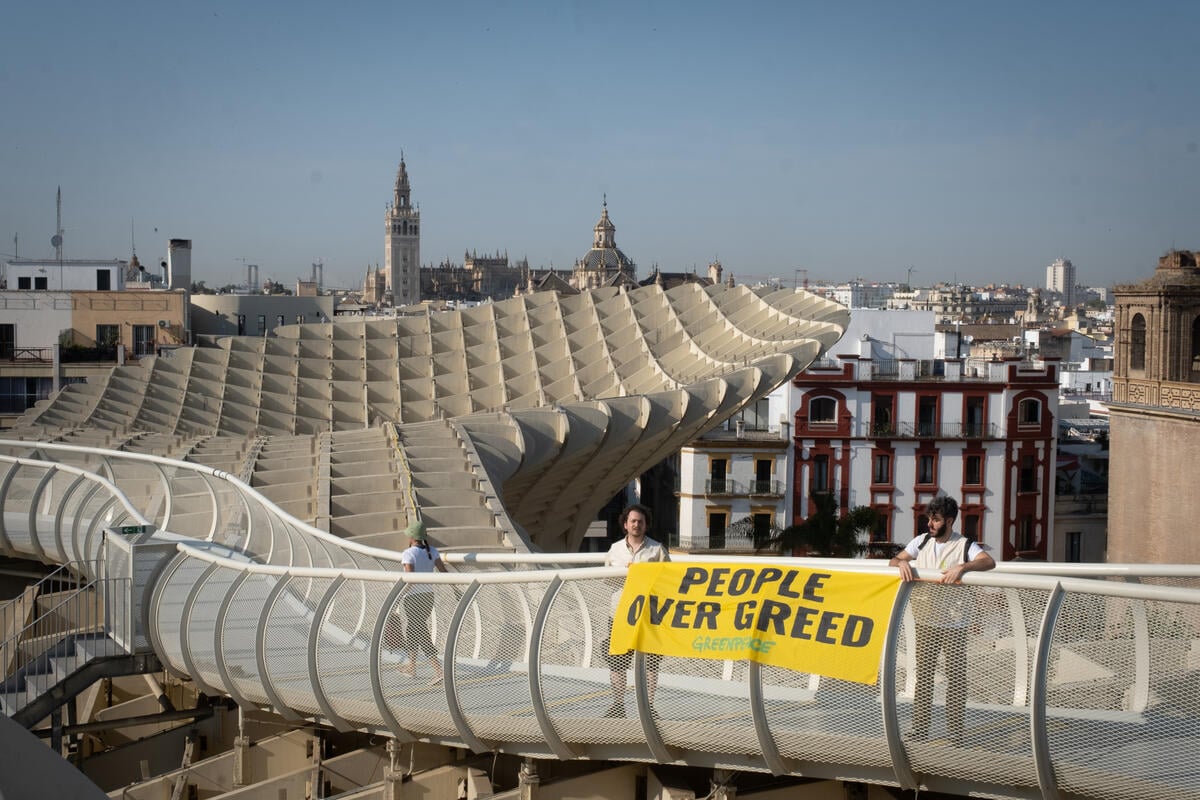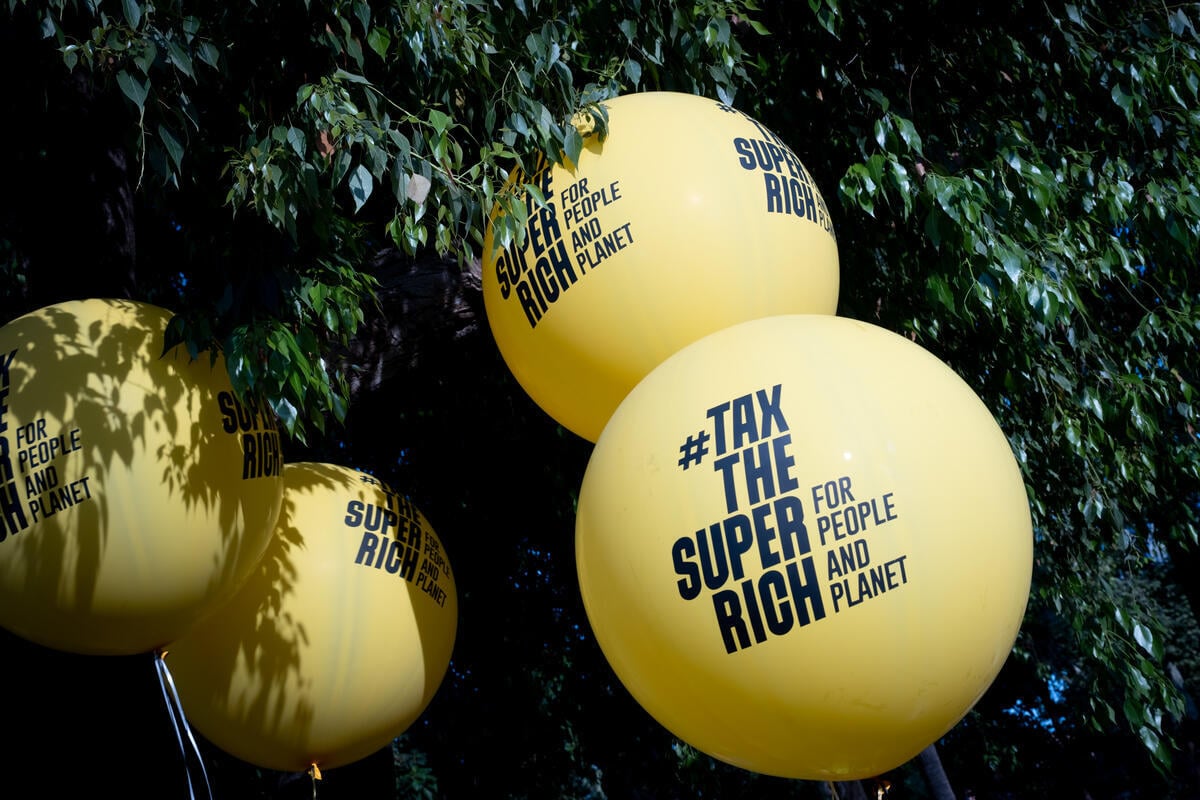
Over the past two years, the world has faced ever-increasing climate and environmental catastrophes against the backdrop of the worst pandemic in a century. Movements for justice have marked this moment as a wake-up call, underscoring how these crises have laid bare structural inequalities deeply ingrained in our societies.
But instead of acknowledging that the world has to change, wealthy countries and pharmaceutical companies responded to the pandemic by profiteering off of vaccines and therapeutics while offering no real solutions to the debt and liquidity crises plaguing lower-income countries. The recent gatherings of billionaires, heads of state and wealthy elite in Davos or G7 are yet another celebration of the Western capitalist model that has failed to work for the majority, especially in the face of global crises.
In this new era, alternatives to global capitalism are needed—and they exist. We can move away from the idea of one form of development and instead embrace a pluriverse of ideas and visions. Several models have already outlined new ways to “value what matters,” moving toward visions that promote human and environmental wellbeing and redistribute power from corporations to people.
Looking at models that go beyond GDP as the be-all measure of economic growth is a good place to start. Such efforts can help us focus on quality of life and wellbeing rather than continuous production and growth for its own sake. This can be done through working with allies to promote well-being as a consistent measure of success. For example, the organization Economy for the Common Good has a “Common Good Matrix” to provide guidance for evaluating an organization’s contribution to people and the planet.
An overarching analysis that considers more than the bottom line can also help ground global economic and financial governance in sustainable resource use, rather than infinite extraction. Doing so will lay a foundation for divestment from fossil fuel, military and carceral systems–and toward investment into the upgrading of the quality of life for all. Systemic change to ensure justice for people and territories requires a shift in mindsets, to transform our collective understanding of the value of nature.
There are hundreds of existing “beyond-GDP alternatives” that include a focus on wellbeing—many of which have a lot in common—but that receive barely any attention compared to the single index of GDP. The ongoing movement to harmonize these measures provides one pathway toward reframing economic development as a diversity of alternatives existing within the many contexts and realities of our world.

Doing so makes way for models that prioritize human and environmental wellbeing. Ideas such as the Pacto Ecosocial del sur and the vision for a feminist and decolonial global green new deal focus on the shifts required to create an equitable, peaceful and healthy planet for all. Chief among these is recognizing the value of work—such as care work and environmental regeneration —that isn’t counted as part of GDP growth. Promoting care jobs as green jobs is one way to pursue a feminist agenda for economic and climate justice.
Creating space for new ideas of economic development to flourish rests on redistributing power away from the influence of corporations.
Rather than upholding opportunities for mega multinationals to shape global policy in spaces like the World Economic Forum, governments need to band together to limit corporate power at national and global levels. This requires a series of instruments to hold companies accountable where they cause environmental destruction, loss of livelihoods, and loss of sovereignty especially of Indigenous Peoples. In addition to strengthening the UN Guiding Principles for Business and Human Rights, we need a legally binding international treaty to regulate transnational corporations as part of global reform of institutions.
Sectors fundamental to livelihoods and planetary wellbeing such as agriculture, water, energy, and other commons should be stringently regulated according to human rights, environmental, and gender impact assessments. Companies must be required to guarantee continuous free, prior and informed consent and support the agricultural practices and traditional knowledge management of women and Indigenous Peoples. These are communities that have always prioritized environmental integrity and collective wellbeing, and space should be made for their proposals and solutions.
New visions, alternative measures, and agendas for economic and climate justice are being articulated and advanced by groups grounded in the majority world, not the corporate elite. It’s time we listened to them instead.
Kate Tobin is senior programme manager at Women’s Environment and Development Organisation, WEDO and Abigail Aguilar is a campaign strategist at Greenpeace International for the Alternative Futures project.



